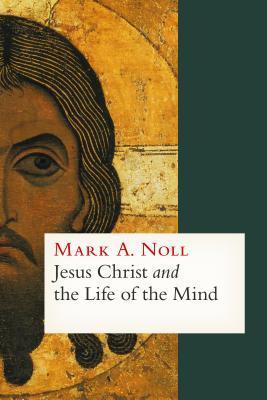What do you think?
Rate this book


192 pages, Hardcover
First published July 22, 2011
If we study anything in the realms of nature or the realms of the spirit, we study what came into existence through Jesus Christ. Likewise, If we study human interactions or spiritual-human interactions – thrones, dominions, rulers, powers – we are studying realms brought into existence by Jesus Christ. If our study concerns predictability, uniformity, regularity, we are working in the mains of the ones who is before all things and in whom all things hold together. If our study concerns beauty, power or agency, it is the same, for God was pleased to have his fullness dwell in him. And if we succeed in any degree, we are only following Jesus Christ, in whom are hidden all the treasures of wisdom and knowledge.
It has become conventional to think that belief in the Christian story opposes serious commitment to intellectual explorations of the world. There are no good reasons for this opinion. It rests on misreadings of the Christian story and misapprehensions of the intellectual life. The Jesus Christ who saves sinners is the same Christ who beckons his followers to serious use of their minds for serious explorations of the world. It is part of the deepest foundation of Christian reality. It is an important part of understanding who Jesus is and what he accomplishes to study the world, the human structures found in the world, the human experiences of the world and the humans who experience the world. Nothing intrinsic in that study should drive a person away from Jesus Christ. Much that is intrinsic in Jesus Christ should drive a person to that study.